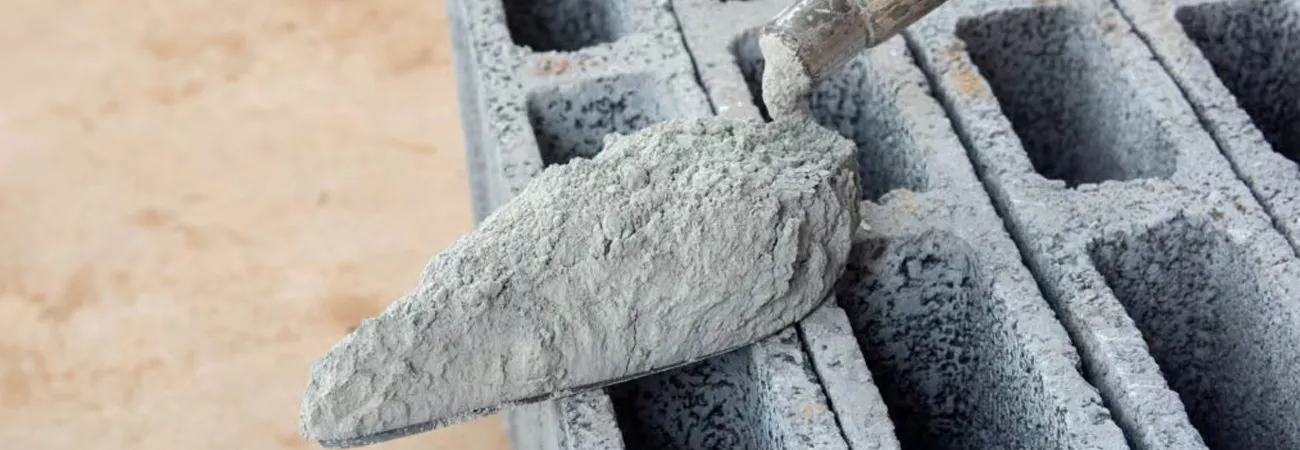i ECONOMY
Dewan Cement Limited posted a 27% growth in revenue in the first half of the ongoing fiscal year (1HFY24) compared to the same period of last year. The company’s revenue increased to Rs11.6 billion during the period under review from Rs9.1 billion in 1HFY23, reports WealthPK. The higher revenue was primarily due to the gradual rise in local and export dispatches and higher average selling prices. Moreover, the company managed to reduce its net loss to Rs341 million in 1HFY24 from Rs730 million in 1HFY23, as operating expenses experienced a notable decline.
Likewise, the company witnessed a significant reduction of 46% in loss-before-tax during the period under review. Furthermore, the cement company earned a gross profit of Rs228 million compared to a gross loss of Rs108 million during 1HFY23. In addition, the cost of production showed an increasing trend due to rising inflation and massive currency depreciation. However, the management is committed to mitigating the production costs by improving plant efficiency and real-time production methods.
Financial position highlights
The analysis of the company’s financial position showed a growth of 35% in its non-current assets in 1HFY24 compared to 1HFY23. This rise was mainly due to the company’s investment in intangible assets and higher long-term deposits. A minute decline in current assets was primarily attributed to a decrease in the stores and spare parts, which reduced from Rs1,662 million in 1HFY23 to Rs1,593 million in 1HFY24, aligning with the company’s regular business expansion requirements.
In addition, loans and advances along with other receivables witnessed significant reduction during the period under review. The company’s non-current liabilities grew 29% compared to 1HFY23. This growth demonstrates that the company took additional long-term liabilities or debt for the expansion and modernisation of production facilities. Besides, the current liabilities increased by 0.8%, primarily due to the rise in trade and other payables.
Operational performance (2018-2023)
From 2018 to 2023, the company’s top-line saw growth only thrice, while profit margins declined barring growth in FY21. The company witnessed a major contraction in revenue in FY20 by nearly 52% with net turnover falling to an all-time low of Rs5.8 billion. This was largely attributed to a slowdown in construction activities and low selling prices. With production cost exceeding net revenue, the company incurred a gross loss of Rs516 million, while its net loss increased to an all-time high of Rs1.3 billion in FY20. The revenue in FY21 grew by 22% on the back of an increase in average selling price.
However, the company's per tonne cost of sales increased by 47.82% on account of a continuous rise in input costs. High production costs and operating expenses continued to make a large portion of income, causing profit margins to shrink. During FY23, the company's revenue increased to Rs20.2 billion, which was largely due to an increase in average selling price. The cost of sales increased by 47.8% due to continuous increases in input costs, including coal, power, raw materials, and imported consumables.
About the company
Dewan Cement was established as a public limited company in 1980. It is part of the Yusuf Dewan Group of Companies. It has two manufacturing units, Parkland Cement Limited and Saadi Cement Limited. Industry overview The cement industry experienced a substantial growth of 9.7% in its dispatches during 1HFY24 as compared to the corresponding period of FY23. This growth was primarily driven by an increase of 0.96% in domestic dispatches and a remarkable 110.66% rise in exports.
In total, the industry dispatched 25.87 million tonnes of cement during the half year, comprising 22.22 million tonnes for the domestic market and 3.65 million tonnes for exports. In the previous half-year period, the industry dispatched a total of 21.76 million tonnes, with 20.03 million tonnes sold domestically and 1.73 million tonnes exported.
Future outlook
The company has its hopes on rising local demand on the back of government construction projects such as the China-Pakistan Economic Corridor and the Public Sector Development Programme. However, soaring inflation and high interest rates will continue to impede growth.
Credit: Independent News Pakistan









